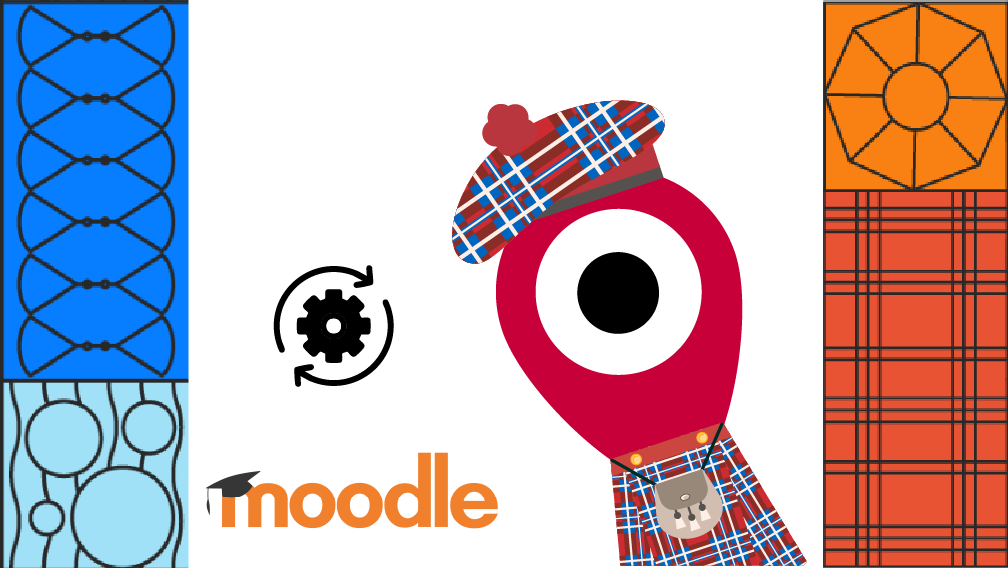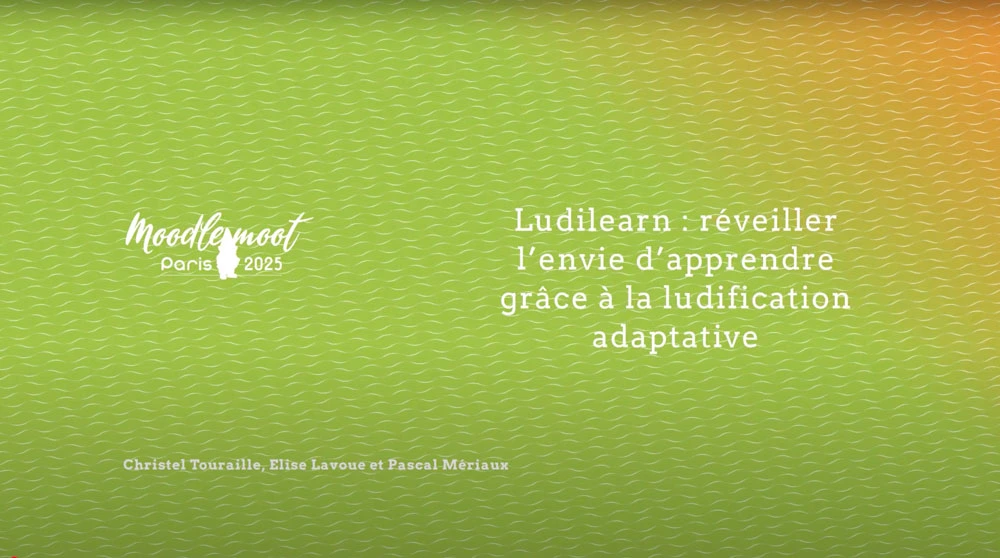What do you buy when you order an online training course? Lots of media… and a little pedagogical engineering. Without this essential ingredient, your training course is likely to bore participants and fail to achieve its goal.
Online training: we can’t do without it anymore
During the confinements imposed by the Covid epidemic between 2020 and 2021, training organizations had to set up online training, sometimes overnight. The results: full days of videoconferencing, depressed students, overworked trainers and disrupted schedules. E-learning has become commonplace, with its many faults and immense qualities.
However, it has not replaced face-to-face contact. On the contrary, the pendulum is swinging back: fed up with screens, let’s get back to our colleagues and trainers in the flesh!
Nevertheless, any training organization that neglects to offer distance learning would be taking a big risk today. The risk of seeing a significant proportion of its clientele move away, tempted – and now accustomed – to online training, without disrupting their entire lifestyle.
On the face of it, there’s no shortage of work for digital training producers, who have to manage increasingly large, systematic and… high-profile orders.
Is filming an expert enough to transform his knowledge into learning material?
Video has found its place alongside the elearning module on the top step of the training resources podium. It does indeed seem very practical: in the common imagination, it would be enough to film an expert to capture his or her knowledge. The prescriber is tempted to show how capable he is of mobilizing knowledge around a given subject. The result is courses with 70, 100 or even 140 video capsules…
The budgets allocated to e-learning have not increased in proportion to the number of teaching resources to be produced. It’s true that final production costs have fallen. Tools are now available for mass-produced video, ready-to-use animation effects, and mountains of royalty-free images and sounds. But upstream of the production process, there remains a fundamental stage that distinguishes a real, good course from a bank of organized resources: instructional design. And this is achieved, again and again, through human reflection, method, experience, dialogue and time.
The educational engineer, the head of training
When it comes to designing an online course, there’s no substitute for a pedagogical engineer. Its strengths lie not only in its knowledge of tools. Educational engineers know how to put themselves in the learner’s shoes, thanks to their knowledge of cognitive psychology, educational science and neuroscience.
Neuroscience has shown that learner participation is essential for effective training. Discovering, evaluating, interacting, participating: the educational engineer will mobilize his know-how to translate these major principles into training sequences. At the same time, he will help you to say goodbye to the myth of learning styles, to avoid saturating or disgusting learners with too many resources, and to adapt the types of resources to the content to be shared.
What’s more, the educational engineer is methodical. He presents clear deliverables that will serve as reference points: a lesson plan or pedagogical itinerary, a general storyboard showing the location of the various elements, detailed storyboards for each resource… He will also know how to prepare asynchronous activities, such as quizzes that give real indications of the learner’s progress, capture his attention and help him acquire knowledge.
Save time and money, increase efficiency
A training course is effective when it enables those taking it to learn. And whatever the duration: 5 minutes or 3 hours, the objective is always the same, and you don’t learn “better” by learning “more”.
A training production project is efficient when it saves time and money for those involved. To achieve this, it is essential to avoid repetition and superfluous resources that will confuse the learner, and to adopt a clear design method.
You don’t give your car to your hairdresser to be repaired? So entrust your online courses to pedagogical engineers. Above all, trust them.
Pedagogical engineer. 123 trade.
The benefits of pedagogical engineering for companies and employees. Executive coaching.




